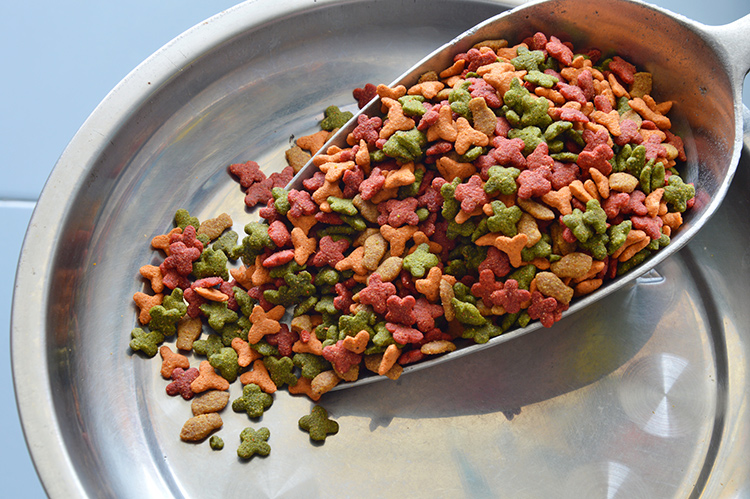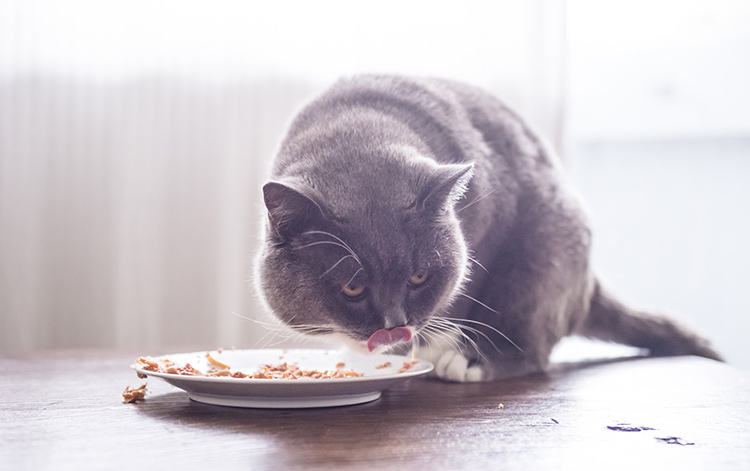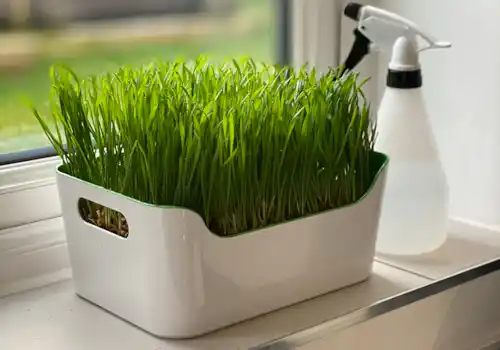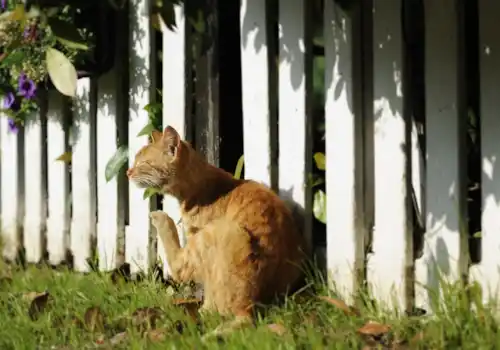Wondering what's the best thing to feed your cat after being diagnosed with diabetes? Read our advice on what's best to feed your diabetic cat.
Is there a recommended wet food suitable for a diabetic cat? Is wet food better for diabetic cats than dry? Does dry food cause diabetes in the first place? We answer just a few of your questions...

Does food cause a cat to develop diabetes?
There are quite a few factors that are likely to increase the chances of a cat developing diabetes: a sedentary lifestyle, neutering, advancing age, and obesity, to name a few.
It has also been suggested that high carbohydrate diets can increase blood glucose levels and may predispose cats to obesity and diabetes. A 2007 study in which cats were fed wet food or dry food showed no differences in glucose tolerance, but the cats gained weight more easily if fed dry food.

Should I change my cat's diet after being diagnosed as diabetic?
Once a cat has been diagnosed as being diabetic, it is believed that diets low in carbohydrate and high in protein result in better control of diabetes and may even reduce insulin requirements. But there are exceptions - cats that are ill and diabetic may be better just fed a palatable food.
For cats that also have kidney trouble, it may be more necessary to manage their kidney disease and restrict protein. If the cat's main issue is obesity, the food may be chosen to support weight loss.
There are veterinary diets that are high in protein and low in carbohydrate, suitable for managing diabetes. They are available in dry and wet formats. If you do want to choose a wet non-prescription food, and your vet has indicated that it would be safe for your cat, I suggest choosing a good quality premium (high meat content) brand.

Can I feed wet food to a diabetic cat?
Most wet brands contain negligible amounts of carbohydrate. If you want, you can work out the carbohydrate content: add together the percentage label declarations - protein, oil, fibre, ash, and moisture - and subtract from 100 per cent to get the carbohydrate content.
Most wet foods also contain sugars, which are usually added in tiny amounts to produce the browning effect on the meat. This should not cause any harm, but check the amounts with the individual manufacturers.
I wouldn't be too worried about rice either. Just be careful as some cat foods are not nutritionally complete and should not be fed on their own long term - again, this should be stated on the pack.
Advice given by Vet Susan McKay.








